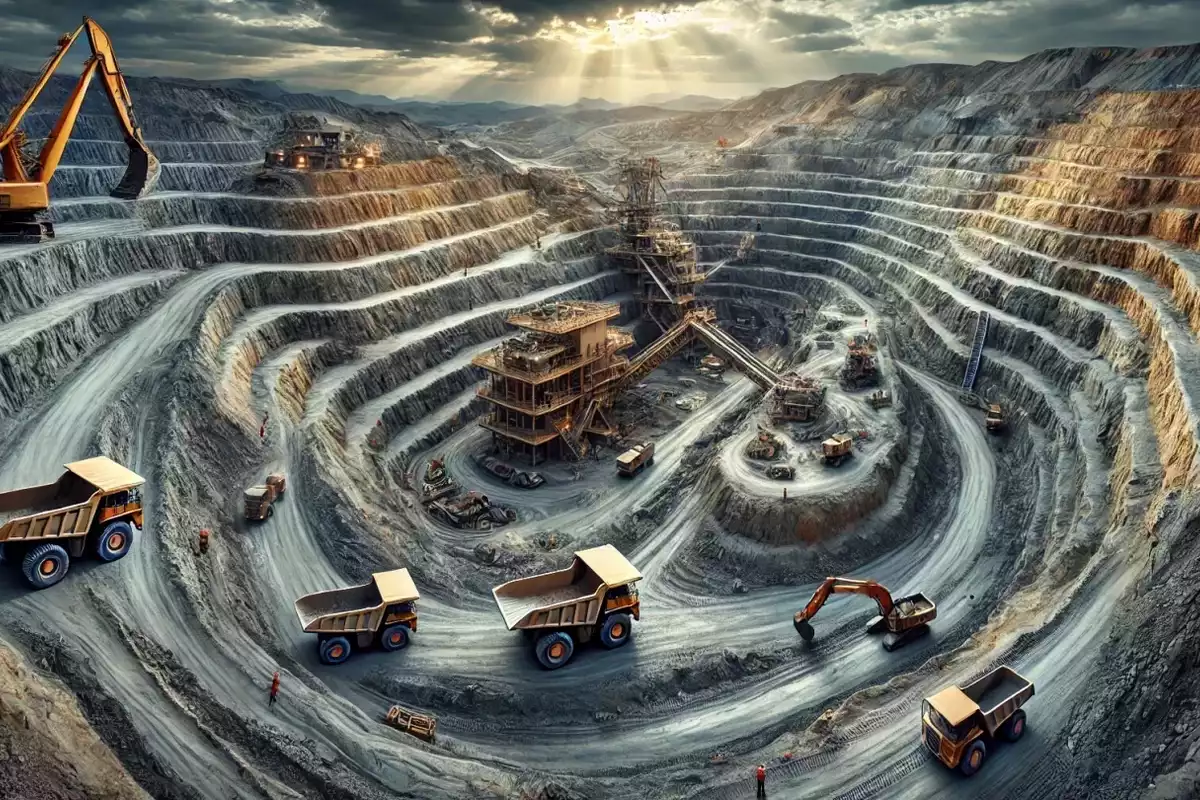
Photo: Dall-E, illustrative purposes
The famous quote, “He who controls information controls the world,” is often attributed to Rothschild and later echoed by British Prime Minister Winston Churchill. Today, however, the word “information” is gradually being replaced by the phrase “rare earth metals” (REMs).
This shift was particularly evident during the first-ever “Central Asia-European Union” summit, held in Samarkand. But before delving into the specifics of this new vector of cooperation, it’s important to recall that REMs play a critical role in microelectronics, energy, defense, and other strategic sectors that form the backbone of today’s technology-driven world-in essence, the very fabric of our modern lives. Hence, Mephistopheles’ famous aria from Gounod’s opera Faust, in which he declares that “men fight for metal,” could now be reinterpreted as a battle for rare earth metals-without a hint of irony.
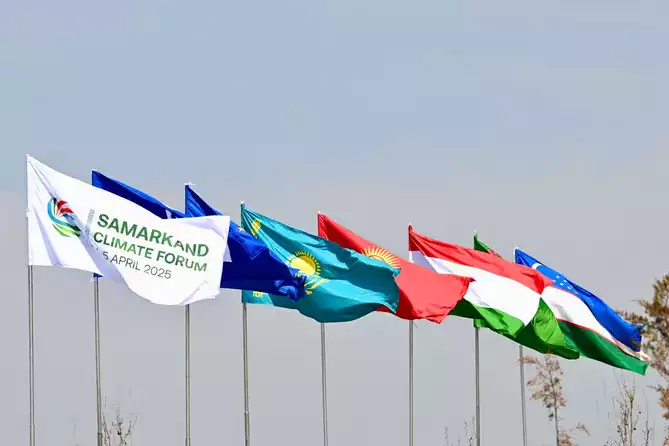
Sarkamand Climate Forum
It is no coincidence, then, that the presidents of Central Asian countries have elevated this topic during the Samarkand forum. For instance, Kyrgyz President Sadyr Japarov identified the development of “critical raw materials” as a promising area of cooperation with Brussels. He emphasized that Kyrgyzstan possesses substantial reserves of rare and valuable metals and proposed the creation of a dedicated partnership or a "roadmap" to strengthen collaboration in this area.
Uzbek President Shavkat Mirziyoyev highlighted Tashkent’s successful experience in working with leading European companies in geological exploration, strategic mineral extraction, and the development of high-tech processing industries. He reaffirmed Uzbekistan’s commitment to expanding mutually beneficial cooperation with the EU in this sphere.
Kazakhstan’s President Kassym-Jomart Tokayev also singled out REMs as a key dimension of Astana-EU relations. He noted that Kazakhstan produces 19 out of the 34 types of raw materials essential to the EU economy, including uranium, titanium, copper, lithium, cobalt, tungsten, and more. Tokayev proposed establishing a Regional Research Center for REMs in Astana to serve as a hub of up-to-date information for businesses and investors on available deposits, technologies, and development strategies.
Tokayev’s proposal was particularly timely, as just days earlier, on April 2, news broke of the discovery of several promising REM-rich zones in the Kuyraktikol area, approximately 300 kilometers southeast of Astana. According to Kazakhstan’s Ministry of Industry and Construction, the total projected REM resources in the “Zhana Kazakhstan” zone-encompassing the Kuyraktikol deposit-exceed 20 million tonnes. These findings, if confirmed, could position Kazakhstan as a global leader in REM production. Media reports suggested that in terms of reserves, the country may trail only China and Brazil.
This breakthrough was not unexpected. In his 2023 Address to the Nation, Tokayev outlined a major overhaul of Kazakhstan’s mining governance, granting priority rights to investors funding geological exploration. He described rare earths as “the new oil” and argued that countries capable of unlocking their REM potential will set the course for future technological progress. To stimulate the sector, Tokayev proposed a three-year exemption from taxes and mandatory fees for both foreign and domestic investors-aimed at giving a substantial boost to the country’s processing industries.
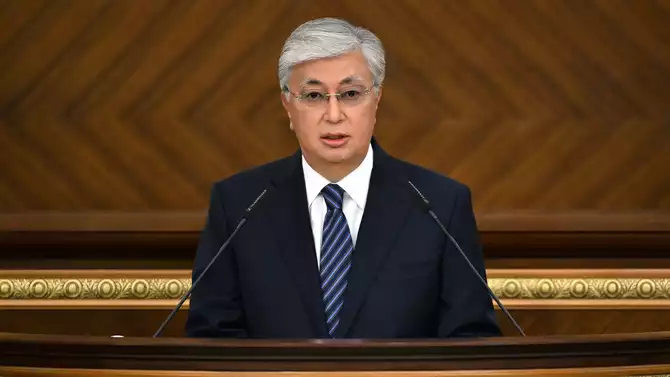
Photo credit: primeminister.kz
Later that year, during a roundtable with German business leaders, Tokayev noted that global demand for critical materials and REMs would quadruple by 2040. Given Kazakhstan’s 5,000+ unexplored deposits valued at over $46 trillion, he proposed to German Chancellor Olaf Scholz the creation of a joint consortium for raw materials development.
In late 2023, Kazakhstan adopted a Comprehensive Plan for the Development of the Rare and Rare Earth Metals Industry for 2024-2028. One year later, the country identified 38 promising sites containing 2.6 million tonnes of REMs, including the Kuyraktikol deposit with reserves of about 800,000 tonnes of REMs such as cerium and lanthanides. In March 2025, Kazakhstan’s Ministry of Industry and Construction gave a positive assessment of Kuyraktikol’s potential. Minister Kanat Sharlapaev added that companies from the U.S., EU, and China could obtain rights to REM deposits through auctions.
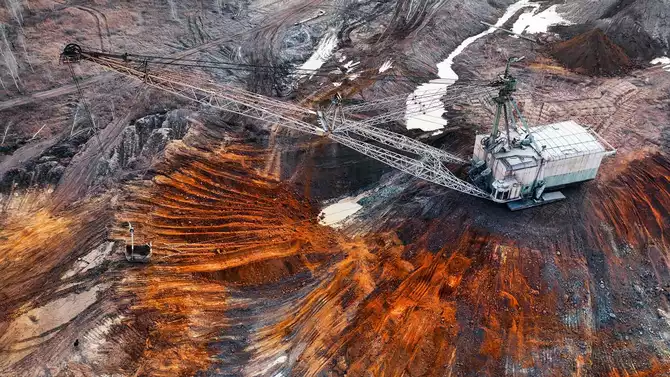
Thus, Tokayev’s remarks in Samarkand carry considerable strategic weight.
Brussels appears to be well aware of the geopolitical significance of these developments. The EU’s €12 billion Global Gateway investment package announced at the Samarkand summit includes four priority areas-one of which is “critical raw materials,” with a dedicated €2.5 billion allocation. As European Commission President Ursula von der Leyen put it, these resources are “not just minerals-they are the foundation of the economy of the future,” inevitably drawing global attention. “But unlike others who see these regions merely as sources of raw materials for export,” she said, “Europe offers a fundamentally different approach: building complete value chains directly in the region.”
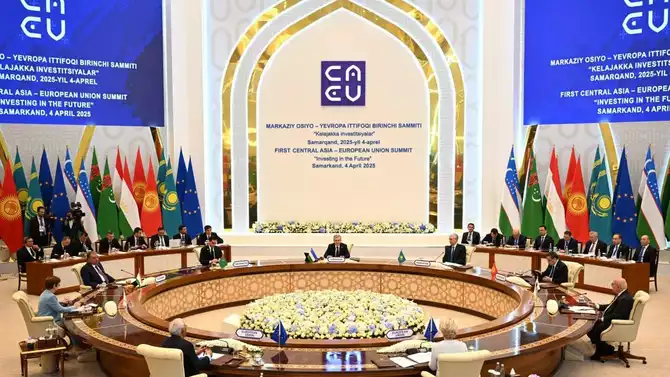
Photo credit: dhapress.com
The Joint Declaration adopted at the summit highlights the “strategic importance” of enhancing cooperation on critical raw materials, aimed at “ensuring secure, sustainable, and diversified supply chains” (ec.europa.eu).
In short, as open sources suggest, the EU may not yet be able to outmaneuver China or Russia in Central Asia, but it is clearly determined not to lag behind. Hence, the promise of multibillion-euro investments not only in transportation routes that bypass Russia and in digitalization, but also in REM development. In the context of an emerging global trade war and shifting geopolitical tectonics, this effort is shaping up to be a powerful lever for Brussels to solidify its influence in the region.
The only question is: how long will other global players with vested interests in Central Asia quietly watch from the sidelines?
Share on social media